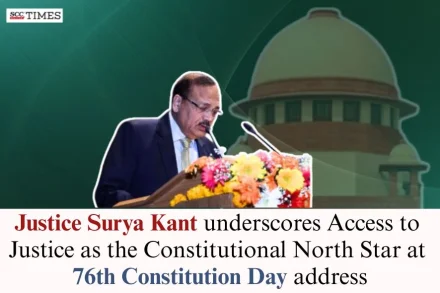
Justice Surya Kant underscores Access to Justice as the Constitutional North Star at 76th Constitution Day address
CJI Surya Kant’s Constitution Day address reaffirmed access to justice as central to India’s constitutional design.

CJI Surya Kant’s Constitution Day address reaffirmed access to justice as central to India’s constitutional design.
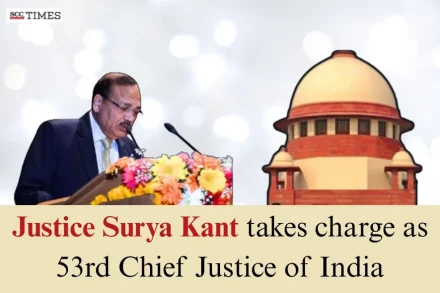
Justice Surya Kant has succeeded 52nd CJI B.R. Gavai, who demitted office on 23-11-2025. Justice Surya Kant’s Chief Justiceship will last till February 2027.

Justice Surya Kant will take charge as Chief Justice with effect from 24-11-2025 and succeed CJI B.R. Gavai who will retire on 23-11-2025.
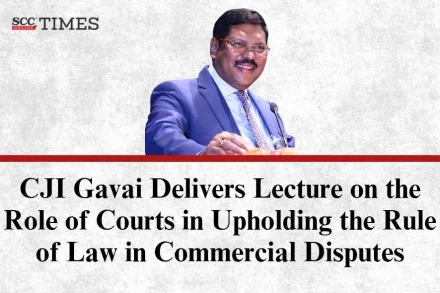
In a compelling lecture hosted by the British Institute of International and Comparative Law in collaboration with 39 Essex Chambers, Chief Justice of India, Justice BR Gavai, reflected on the judiciary’s vital role in safeguarding the rule of law, particularly in the context of resolving commercial disputes.
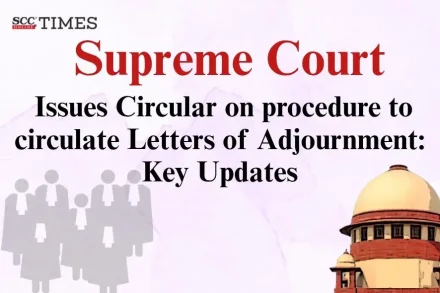
On 19-05-2025, the Supreme Court released a new circular updating the procedures for circulating letters of adjournment of cases, following a letter from SCAORA to the newly appointed Chief Justice of India, Justice B.R. Gavai, on 14-05-2025.
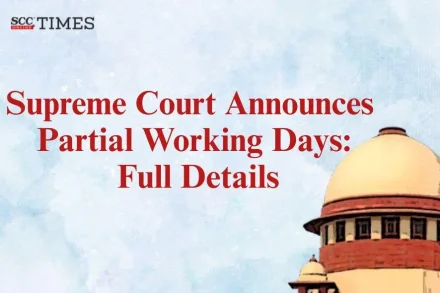
The Supreme Court has officially replaced ‘summer vacation’ with ‘partial working days’ in the 2025 calendar.
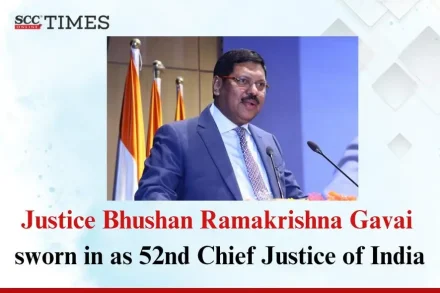
Justice Gavai’s elevation is a milestone moment in the history of Supreme Court as he will be the first Buddhist to hold the position of CJI and only the 2nd Chief Justice belonging to the Scheduled Caste community.
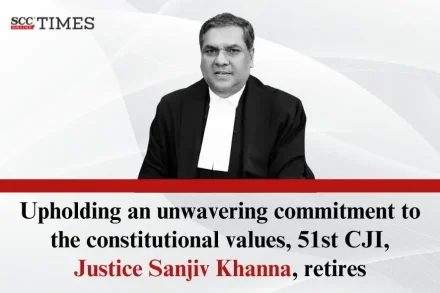
Justice Sanjiv Khanna, 51st Chief Justice of India, retires on 13-05-2025, after a distinguished tenure of 6 years at Supreme Court with 6 months as Chief Justice of India.
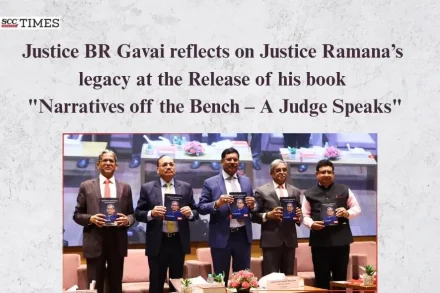
In a heartfelt and deeply reflective speech, Justice BR Gavai shared his personal experiences and admiration for Justice NV Ramana, the former Chief Justice of India, during an event marking the release of Justice Ramana’s book published by EBC.
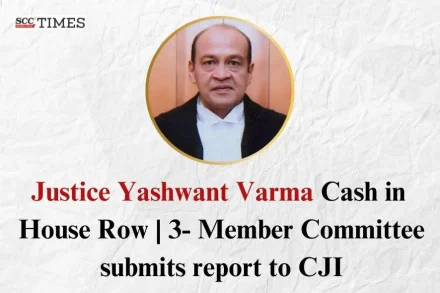
The 3-Member Committee was constituted after reports surfaced that a huge pile of unaccounted cash amounting to Rs. 15 crores were found from the residence of Justice Varma.
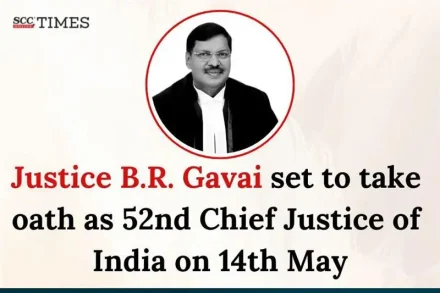
Justice Gavai, whose name for the position was recommended on 16-4-2025, will take over reins from Justice Sanjiv Khanna, who is set to retire on 13-5-2025 after a tenure of 6 months as 51st Chief Justice of India.
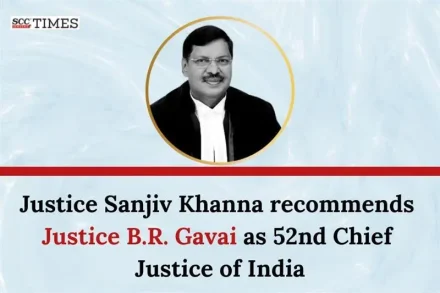
Justice B.R. Gavai will become only the 2nd Chief Justice belonging to the Scheduled Caste community after Justice K.G. Balakrishnan.
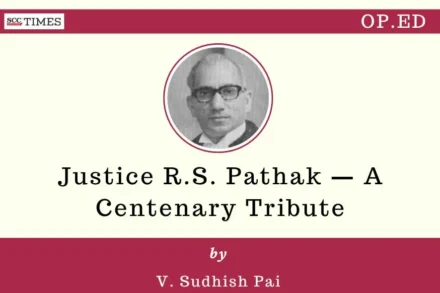
by V. Sudhish Pai*
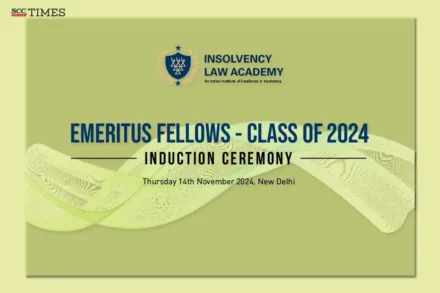
Insolvency Law Academy will confer Honorary Emeritus Fellowship to former, Chief Justice of India Justice Dr. D.Y. Chandrachud, and Justice Sanjay Kishan Kaul, Hon’ble former Judge of Supreme Court of India for their contribution in insolvency
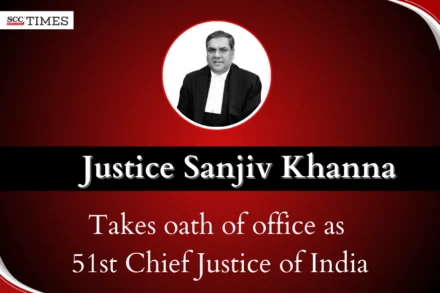
On 11-11-2024, President of India administered the oath of office to Justice Sanjiv Khanna who was elevated to the Supreme Court as Judge on 18-1-2019 and is due to retire on 13-5-2025, which means he will have a tenure of 6 months as Chief Justice of India.
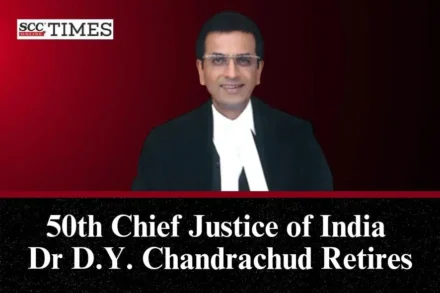
Great expectations followed Dr Justice DY Chandrachud when he was elevated to the post of Chief Justice. As he retires, we take a look at his extensive tenure of 8 years in the Supreme Court, with 2 years being the 50th Chief Justice of India.
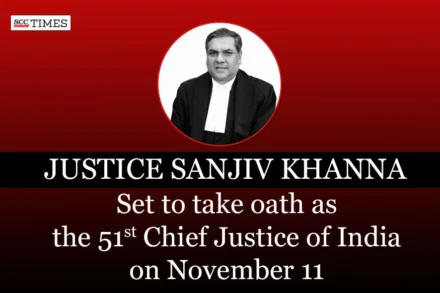
Justice Sanjiv Khanna was elevated to the Supreme Court on 18-1-2019 and is due to retire on 13-5-2024, which means he will have a tenure of almost 6 months as Chief Justice of India.
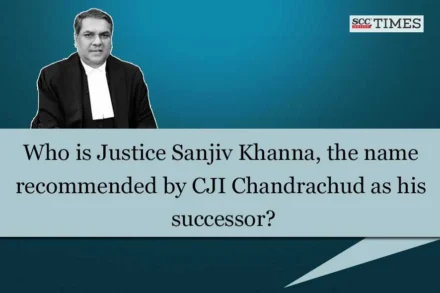
Justice Sanjiv Khanna’s name has been recommended as next Chief Justice of India as per the seniority rule.
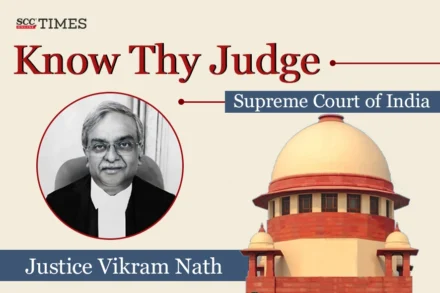
Justice Vikram Nath, a fourth-generation legal luminary and sitting Judge of the Supreme Court of India, is likely to become Chief Justice of India for seven months in 2027.
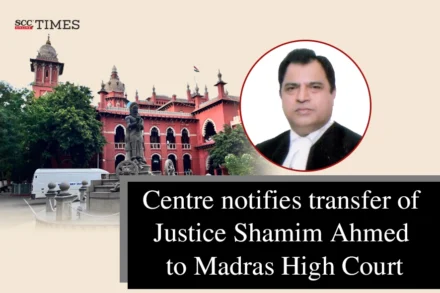
Justice Ahmed has been transferred from Allahabad High Court.